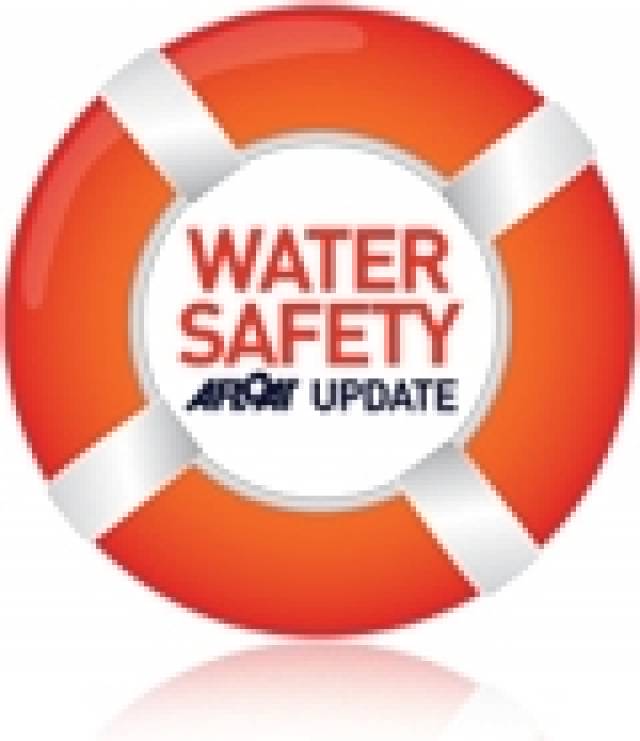#drowning – The number of accidental drownings in the UK has fallen to its lowest level since records began.
There were a total of 338 water-related deaths from accidents or natural causes across the UK in 2014, according to a report published today by the National Water Safety Forum (NWSF).
That number, from statistics published by NWSF, has fallen from 381 in 2013, and is the lowest figure since data collection began in 1983.
The NWSF's Water Incident Database (WAID) breaks down drownings and other water-related deaths by activity, age and location type.
The highest proportion of those people who have lost their lives in 2014 did not intend to be in the water - the main activity being undertaken before they died was walking or running alongside water (138 deaths, predominantly in rivers and coastal water), while 36 people drowned while swimming in unsupervised places, the next leading cause.
Last year's figures show that, like previous years, males (271) are more likely to drown than females (71), with a higher number of deaths for males than females in every single age bracket recorded.
Men aged between 25-29 are a particular concern, with 29 dying in 2014. Children aged up to 19 account for just over one in 10 of all deaths (38), with 21 of those in the 15-19 age bracket.
July saw the biggest spike in the number of deaths (43, up from 20 in June and 29 in August), while January was also a problem month, with 38 people killed.
George Rawlinson, chairman of the NWSF, said: "It's really positive that we're starting to see a decline in the numbers of accidental drownings but any loss of life is tragic and there's more that we can do to reduce these figures further. WAID provides vital insight that helps interested groups shape interventions to protect those people most at risk.
"The NWSF and their respective organisations work tirelessly to promote education and water safety and together are now developing a strategy that could be adopted nationally; this will provide an important framework for identifying how improvements in safety and education could be made to tackle this problem.































































